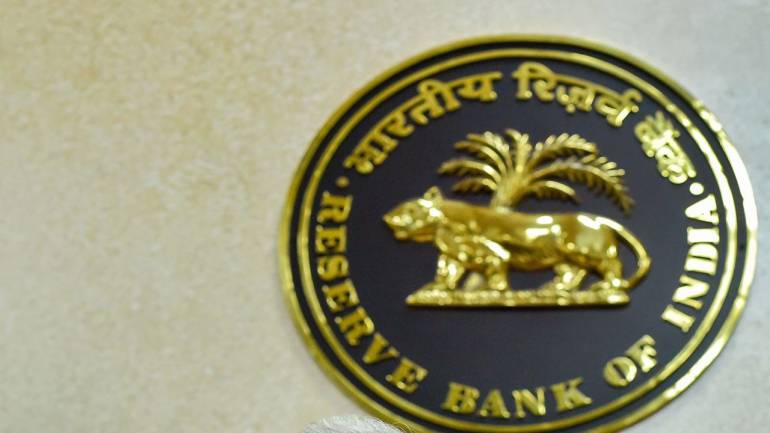The repo rate been lowered to 6.25 percent from 6.5 percent, and reverse repo rate has been adjusted to 6 percent.
The RBI's monetary policy committee on February 7 cut benchmark lending rate by 25 bps and changed its stance to "neutral" from "calibrated tightening".
The repo rate been lowered to 6.25 percent from 6.5 percent, and the reverse repo rate has been adjusted to 6 percent.
Future MPC decisions on policy rates will be data driven, RBI Governor Shaktikanta Das said in his address to the media.
Analysts believe the real estate and NBFC sectors are likely to benefit from this move by the RBI.
Here are some key highlights:
- The MPC retained its 7.4 percent GDP growth forecast for 2018-2019. Growth for H1:2019-20 was earlier pegged at 7.5 percent.
- Retail inflation, measured as consumer price inflation (CPI), has been revised to 2.8 percent for January-March, 3.2-34 percent for April-September 2019, and 3.9 percent in Q3.
- The decision to change the policy stance was unanimous.
- RBI Deputy Governor Viral Acharya and Chetan Ghate voted to keep the rates unchanged, while the four other members voted for a rate cut.
- The MPC expects headline inflation to remain soft in the near term. The short-term outlook for food inflation "appears particularly benign".
- GDP growth is estimated at 7.4 percent in 2019-20, with a projection of 7.2-7.4 percent for April-September, and 7.5 percent in Q3.
- "The need is to strengthen private investment activity and buttress private consumption," the MPC said.
- Actual output has inched lower than the potential. Investment activity is recovering, supported by public spending on infrastructure.
- The central bank will issue norms on harmonising types of NBFCs by February end.
- The RBI also said it eased risk-weight norms to ease credit flow into the NBFC space. The RBI will now assign a risk weight to all rated exposures of banks to NBFCs.
- Trade tensions and geo-political uncertainties will weigh on global demand, potentially hurting prices of oil and other commodities.
- Import growth had turned slow in November and turned negative in December 2018. Export growth was almost flat in November and December 2018 on a year-on-year (YoY) basis.



















